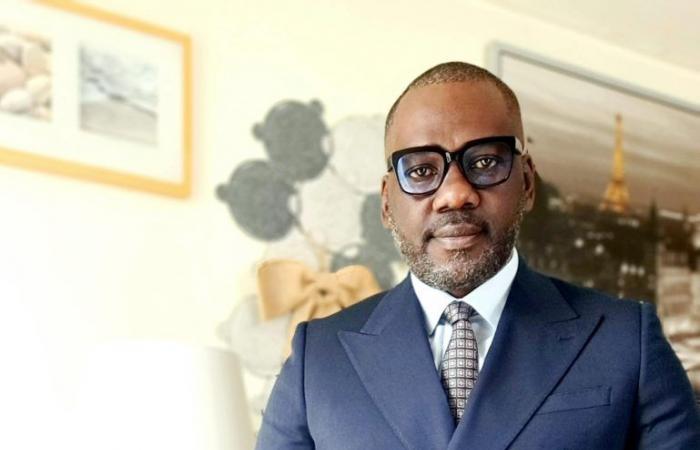Les Dépêches de Brazzaville (LDB): Cultural news is currently focused on copyright and the management of the BCDA. Can you explain the situation to us?
Eddy Cow (EN) : “The legal framework of the BCDA, the sole rights management body in Congo, is defined by law 24/82 of July 7, 1982. However, this law has become unsuitable in the face of new consumption habits and technological, legislative and technological developments. legal. A preliminary draft law was developed to modernize it, and a validation commission of which I am a member was brought together on February 9, 2024 by the Minister of Culture. This demonstrates the government’s commitment to evolving the legal and administrative framework. However, the situation remains tense and requires strong actions and dialogue to avoid deterioration.”
LDB. Can the BCDA, in its current form, effectively manage artists’ rights and ease tensions?
EN : The BCDA suffers from several structural problems. I would talk about the legal anomalies first. You know, Decree 86/813 of June 11, 1986, which governs its organization, is based on an obsolete Constitution (1979) and presents inconsistencies in matters of constitutional, administrative and labor law. Then there is questionable governance. The board of directors, chaired by the Minister of Culture, includes political and union representatives, which raises questions about its independence and its representativeness of the artistic community. I would also mention the faulty management of rights. More than 50% of current beneficiaries are paid in a random or even abusive manner. Perceptions are made without precise lists of works, which is contrary to international practices. Finally, there is inadequate distribution. The current system does not take into account variations in the popularity of works, distributing the same rights quarter after quarter, which is unrealistic and unfair.
These issues call into question the BCDA’s ability to fulfill its fundamental mission of collecting and distributing royalties fairly. An in-depth reform seems necessary to restore confidence and efficiency in the system.
LDB. Following numerous declarations from artists, the Union of Congolese Musicians and other cultural actors, can we consider that the BCDA is in crisis?
EN : Indeed, I consider that the BCDA has been in crisis and in a situation of illegality for a long time. I had already noted these inconsistencies in an article in Les Dépêches de Brazzaville in September 2018, where I proposed solutions developed with various actors in the cultural sector.
LDB. What is your position today, given your involvement in the drafting of the bill?
EN : My position remains Republican. It is crucial to maintain a dialogue between the supervisory ministry and the rights holders. The current climate is tense, and it is necessary to bring together stakeholders in the cultural sector, mobilize available skills, redefine the functioning and organization of the BCDA, and renew the composition of the board of directors. These recommendations are based on the obsolescence of current texts, the serious shortcomings in management, the numerous irregularities which affect the daily life of Congolese artists, etc. The Ministry of Cultural Industry has all the means to fundamentally reform the BCDA, so that it truly serves creators and contributes to the improvement of our culture.
LDB. What is your personal experience with BCDA?
EN : I have been registered with the BCDA since 2005 as a songwriter-producer and publisher. I am the author-composer of one of the most widely distributed Congolese titles over the last 10 years (“Affaire ya Poukou” performed by Doudou Copa), for which I have not received anything since 2006. I own the Tamaris catalog, one of the richest and most active in Congo, who has never received remuneration from the BCDA.
To underline the importance of copyright, I can cite case law: we won a case against a telephone operator in the DRC for the unauthorized use of a song of which I am the producer. Judgment No. 177/2015 of December 17, 2015 of the Common Court of Justice and Arbitration (CCJA) of Ohada awarded us $300,000 in damages. This experience demonstrates the urgency of reforming the copyright management system in Congo to effectively protect creators and ensure fair remuneration for their work.






